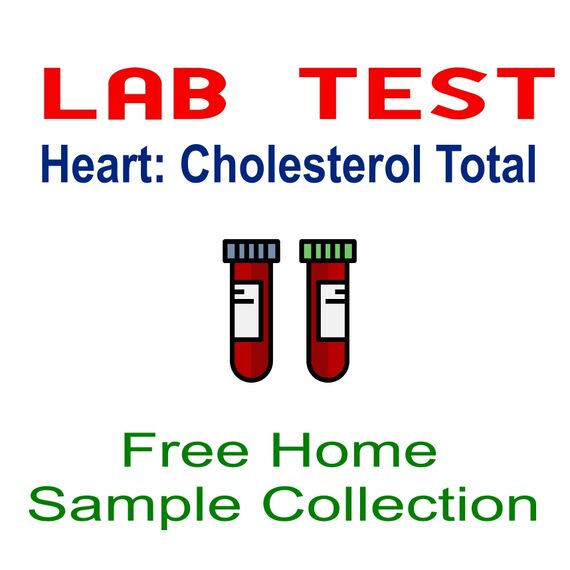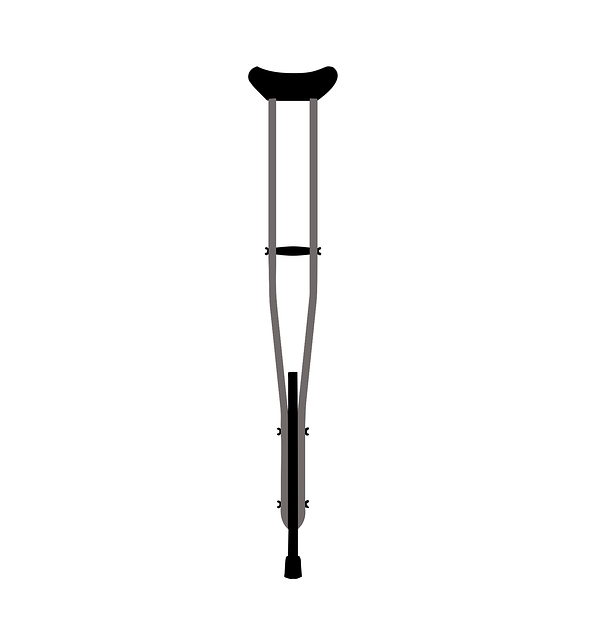This test is aslo known as Blood Cholesterol Test, Total Cholesterol Test.
Cholesterol testing is often used as part of a cardiac risk assessment. Too much cholesterol in the blood can damage arteries and blood vessels and elevate the risk for stroke, heart attack, and heart disease.
Total cholesterol may be measured as part of cholesterol screening, which is looking for signs of risks to cardiovascular health in people who have not shown any symptoms. When used for screening, total cholesterol is typically one component of the lipid panel, which also determines levels of high-density lipoprotein (HDL or “good”) cholesterol, low-density lipoprotein (LDL or “bad”) cholesterol, and triglycerides.
The total cholesterol test measures the combined sum of all cholesterol molecules found in the blood. This test alone does not specify the breakdown of different types of cholesterol; however, it is often combined with other tests that include measurements of HDL, LDL, and triglycerides.
Cholesterol is a vital component of life. It creates cell membranes in all of the body's organs and tissues. Hormones required for development, growth, and reproduction are produced using it. It produces bile acids, which are necessary for food absorption. The total cholesterol transported in the blood by lipoproteins is measured by the cholesterol test.
Lipoproteins are complex particles that carry a small quantity of cholesterol in the blood. Each particle comprises a mixture of protein, cholesterol, triglyceride, and phospholipid molecules, and they are classed as high-density lipoproteins, low-density lipoproteins, or very low-density lipoproteins based on their density. LDL-C particles, also known as "bad" cholesterol, deposit cholesterol in tissues and organs whereas HDL-C particles take excess cholesterol away for disposal.
It is critical to monitor and maintain good cholesterol levels in order to stay healthy. The body manufactures the cholesterol it needs to function correctly, although some cholesterol comes from food. If a person has a hereditary propensity to high cholesterol levels or consumes too many foods high in saturated and trans unsaturated fats, the amount of cholesterol in their blood may rise, posing a health risk. Plaques on the walls of blood arteries may form as a result of excess cholesterol in the circulation. Plaques can constrict or block blood channel openings, resulting in artery hardening (atherosclerosis) and an increased risk of a variety of health problems, including heart disease and stroke.

If a cholesterol measurement is to be performed along with triglycerides, the patient should be fasting for at least 8 t0 12 hours before sample collection.
None
Same day or next day
A blood sample drawn from a vein in your arm known as "Vanipuncture".
Sample report in a format
No reviews found




